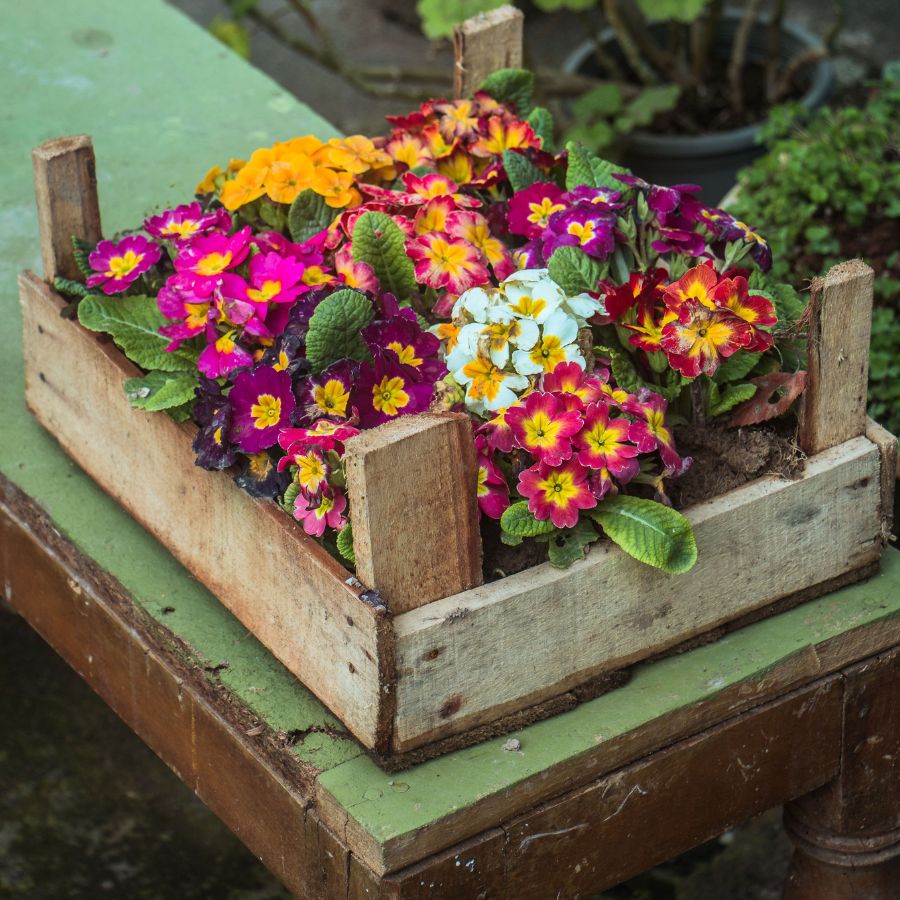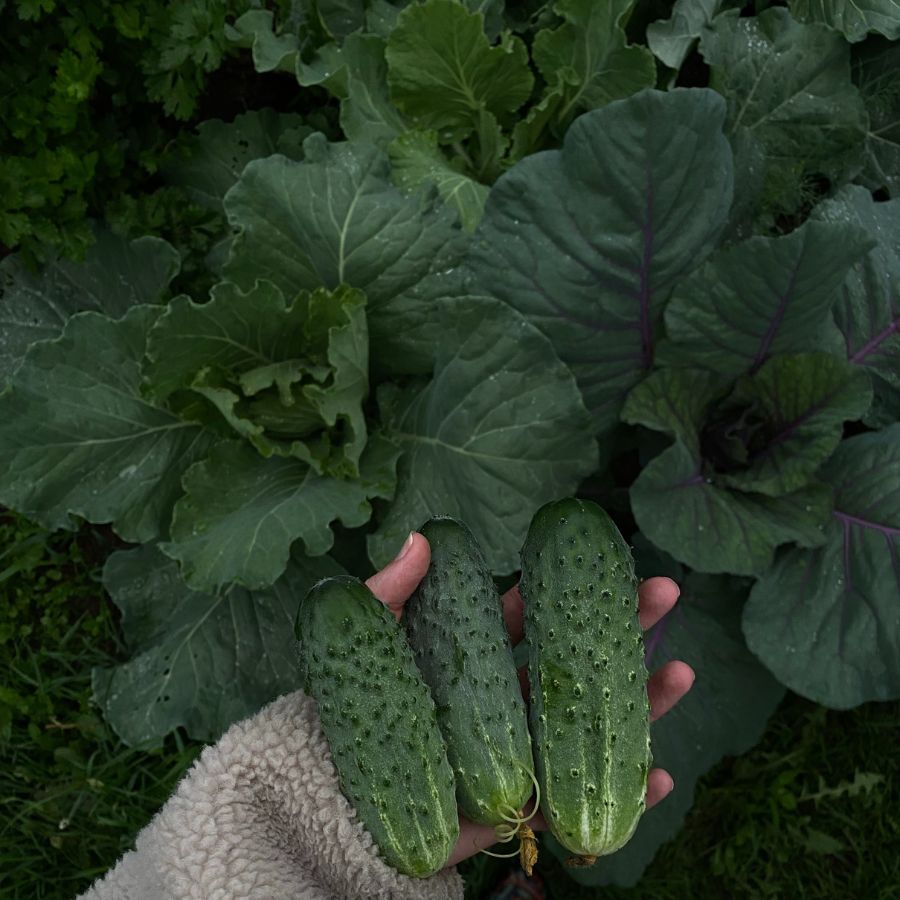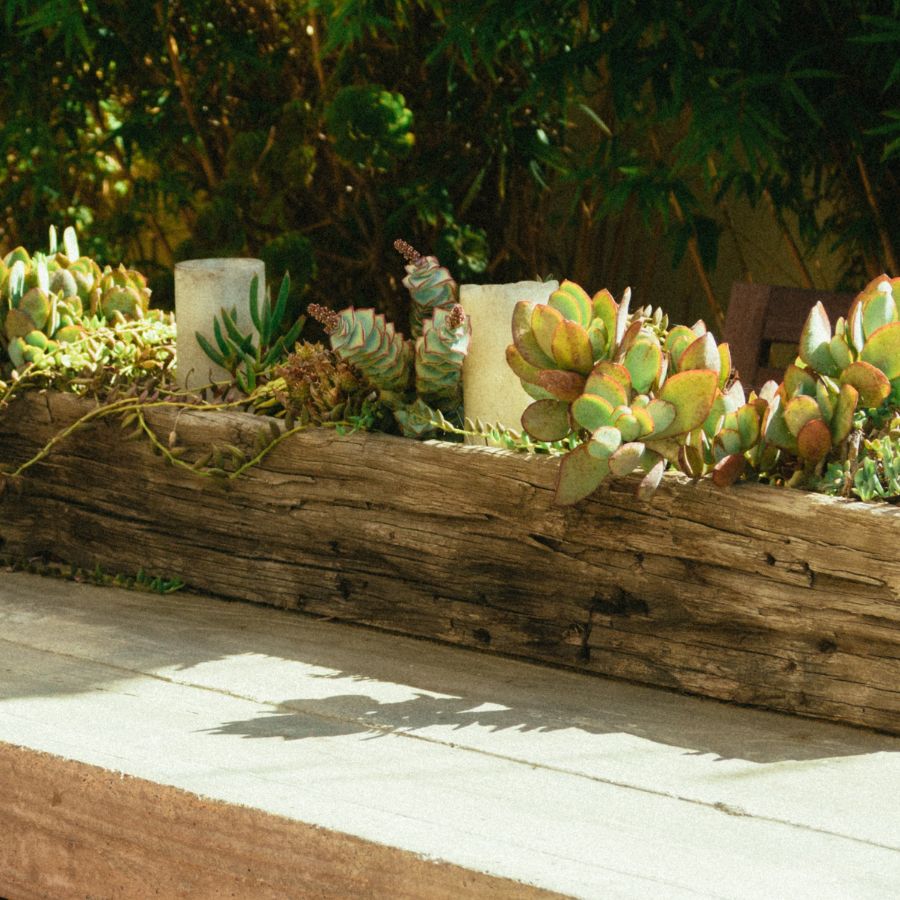Vertical Box Planters Make Your Plants Healthy, Wealthy & Wise
Keep Flowers, Vegetables, & Herbs in a Healthy Environment
Looking into vertical box planters? What can be better than fresh, homegrown vegetables and fruit? Gardening can seem intimidating but choosing a method can be tricky. Recently, vertical gardening has become more popular because it is a great way to maximize growing space plus it adds a beautiful focal point.
While it’s pretty obvious that space utilization is an advantage this method offers, there are plenty of other reasons to consider vertical gardening. There are several styles to choose from, each with their own advantages to accommodate different vegetables and fruit.
Here are some other reasons why vertical gardens might be perfect for you, along with a breakdown of how vertical growth can be beneficial to garden plants.
Vertical Box Planters
Good Ventilation
When plants are grown vertically, they are exposed to more airflow. Good air circulation prevents plants diseases that thrive in humid conditions like mold and powdery mildew. By evaporating moisture released during transpiration, ventilation allows your vegetable plants to pull water and nutrients through their roots.
Good airflow also prevents certain garden pests from causing damage. Fungus gnats and spider mites thrive in humid environments with limited airflow. Tomatoes plants are especially susceptible to fungus gnats, while peppers, strawberries, and eggplant are often hosts to spider mites.
Trellises are especially good for ventilation if humidity is a concern. Vegetables and fruits that trellis well are cucumbers, tomatoes, melons, and winter squash.
For ventilating small root plants like strawberries and leafy greens, stacked containers are ideal.


Limited Competition Between Plants
Another advantage to vertical box planter gardens is that certain designs are great for keeping plants separated, limiting competition. Stacked gardens are particularly good for keeping plants separated.
Some plants don’t necessarily compete for space or nutrients, but they still don’t play well with others. Garlic, for example, produces chemicals that causes lettuces to wilt. Another garden plant that would benefit from vertical growth is cucumber. Cucumber plants are sensitive and can adopt flavors of neighboring herbs.
Protects Plants from Certain Pests
Growing garden plants vertically does well to protect them from ground dwelling pests like slugs and rodents. Lettuces, beans, and celery are particularly susceptible to slugs, while rodents like to nibble on pretty much anything, especially root vegetables like carrots and potatoes.
You Can Create Microclimates to Protect Plants from Excessive Sun Exposure
Vertical gardens can shade delicate new plants or those who require more shade. This is a great way to maximize exposure for sun-loving tomatoes, cucumbers, and peppers while protecting partial shade vegetables like spinach, lettuces, and chard.
Vertical Gardens Can Cool the House
When grown along exterior walls, vertical box planter gardens can help cool the air inside the house. This is because they reflect light and heat while providing a barrier from the sun.
Air conditioning units can also benefit by strategically placed vertical gardens. Green walls can cool the air around outdoor units and absorb humidity that causes them to work harder and pull more energy.
Separation Allows for a Variety of Garden Plants
Vertical gardens, especially stacked and separated containers, are great for cultivating a variety of vegetables and fruits. Keeping plants separated allows you to customize soil to suit nutrient and drainage requirements of the most finicky of garden plants.
By separating plants this way, you can also tend to different water requirements. Some vegetables like peppers and squash require more water, while shallow rooted plants like lettuces are very sensitive and don’t do well with overwatering.
Vertical Gardens Tend to Have a Higher Yield
When well-tended, vertically grown plants tend to be healthier because of increased airflow, protection from pests, and better control over the moisture and nutrient content of the soil. Vertical gardens tend to give better visualization of plants, so gardeners can detect problems and act before significant damage takes place.
Garden plants are also more productive when they don’t have to compete for space, nutrients, or water. Stacked containers are especially good for eliminating competition and this design allows for different soil or drainage requirements.
Vertical Garden Designs
Now that you know the positive attributes of a vertical garden, check out these vertical garden planter design ideas and DIY tutorials here.

